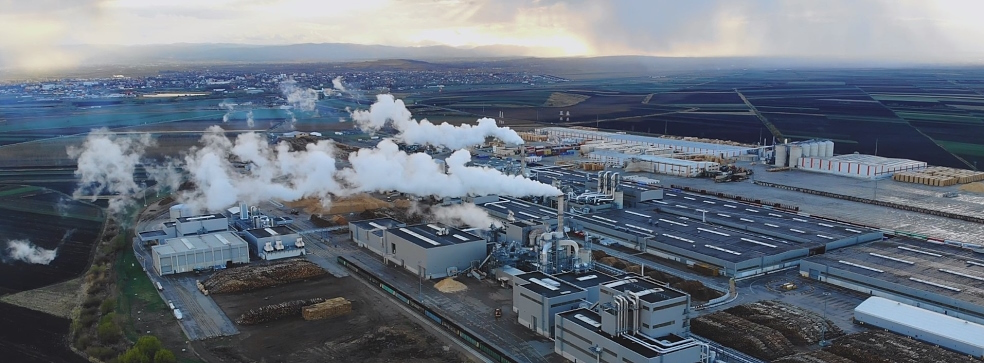According to ICLEI, the average WTE facility with an annual capacity of 40 thousand tons of solid waste costs more than $40 million, which equates to $1,000 per ton of annual capacity. At the same time, the capital cost significantly depends on the technology used and the type of object. Waste-to-Energy (WtE) projects offer a dual solution to two critical global challenges: waste management and energy generation.
These capital-intensive projects convert municipal solid waste into electricity or heat, contributing to a cleaner environment and a more sustainable energy mix. However, the successful implementation of WtE projects hinges on wise project finance strategies.
Viola Funding Limited offers a long-term loans and project financing scheme for large waste to energy projects, alongside a pyrolysis gasification facilities.
Technological lifecycle of WtE projects
Primitive landfill gas capture systems start at a couple of million dollars (less than $1 per ton of annual capacity), while advanced pyrolysis gasification systems typically require investments of tens or even hundreds of millions of dollars (up to $30 per ton of power and even higher)
The choice of the right technology depends on numerous considerations. Factors influencing technology selection include waste composition, local regulations, energy market potential and dynamics, and environmental impact assessments. Professional financial modeling is essential to evaluate the long-term economic viability of each technology option.
Gasification converts solid waste into synthetic gas (syngas) by using high temperatures and controlled amounts of oxygen.
Waste to energy project financing: key players and their roles
The challenges and considerations that this category of WtE project finance participants have to deal with include effective risk management, high capital requirements and other. Developers must navigate numerous uncertainties in project development, including technological risks, regulatory changes, and community concerns. The initial stages of project development often require substantial capital investment before revenue generation begins.
Waste-to-Energy project today are complex facilities that necessitate collaboration among diverse stakeholders. The successful financing of these initiatives involves the strategic involvement of key players, such as project developers, lenders and investors, each contributing a unique set of advantages, professional skills and resources.
Project developers: Typical project developers are the “architects” of Waste-to-Energy initiatives. They conceive, plan, and oversee the project from its inception to completion.
Roles of project developers for Waste to energy projects include the following:
• Initial financial commitments: Developers invest heavily in very early stages, covering expenses related to site selection, studies and permitting. Their commitment demonstrates confidence in the project’s viability.
• Feasibility studies: Developers conduct comprehensive studies to assess the technical, economic, and environmental feasibility of the project. These studies form the basis for financial planning and investor engagement.
Investors: Investors are crucial contributors of capital, bringing financial resources and expertise to support the development and implementation of modern Waste-to-Energy projects.
Types of investors for large-scale enterprise as waste to energy projects includes the following:
• Government agencies: Public funding, grants, and subsidies from government entities play pivotal role in supporting waste management initiatives, especially in aligning with broader environmental and energy policies.
• Large institutional investors: Pension funds, insurance companies, and other institutional investors seek long-term, stable returns from infrastructure projects like Waste to energy projects.
Before committing funds to municipal waste treatment and energy generation projects, Investors return need to conduct thorough due diligence.
They seek returns that align with their risk tolerance and financial expectations and balancing these expectations with project viability is crucial. Thorough due diligence on the part of investors involves assessing project risks, financial projections, and the overall business plan.
Lenders: provides debt financing to bridge the gap between project development costs.
The roles of lenders under Waste to energy projects:
• Risk mitigation: Financiers conduct their own risk assessments and due diligence to ensure the project is financially sound and capable of repaying debt obligations.
• Debt financing: Financiers offer loans and alternative mechanisms to cover a portion of the project’s capital requirements. The terms, interest rates, and repayment schedules significantly influence overall WtE project economics.
Close collaboration between project developers, investors, and lenders is fundamental to the success of Waste-to-Energy initiative.
Our experience in financing large projects, coupled with advanced financial practices and business contacts, will take your project to a new level of efficiency.
If you want to construct or raise capital to develop a waste to energy projects, contact Viola
Funding Limited. we are affordable and reliable.
